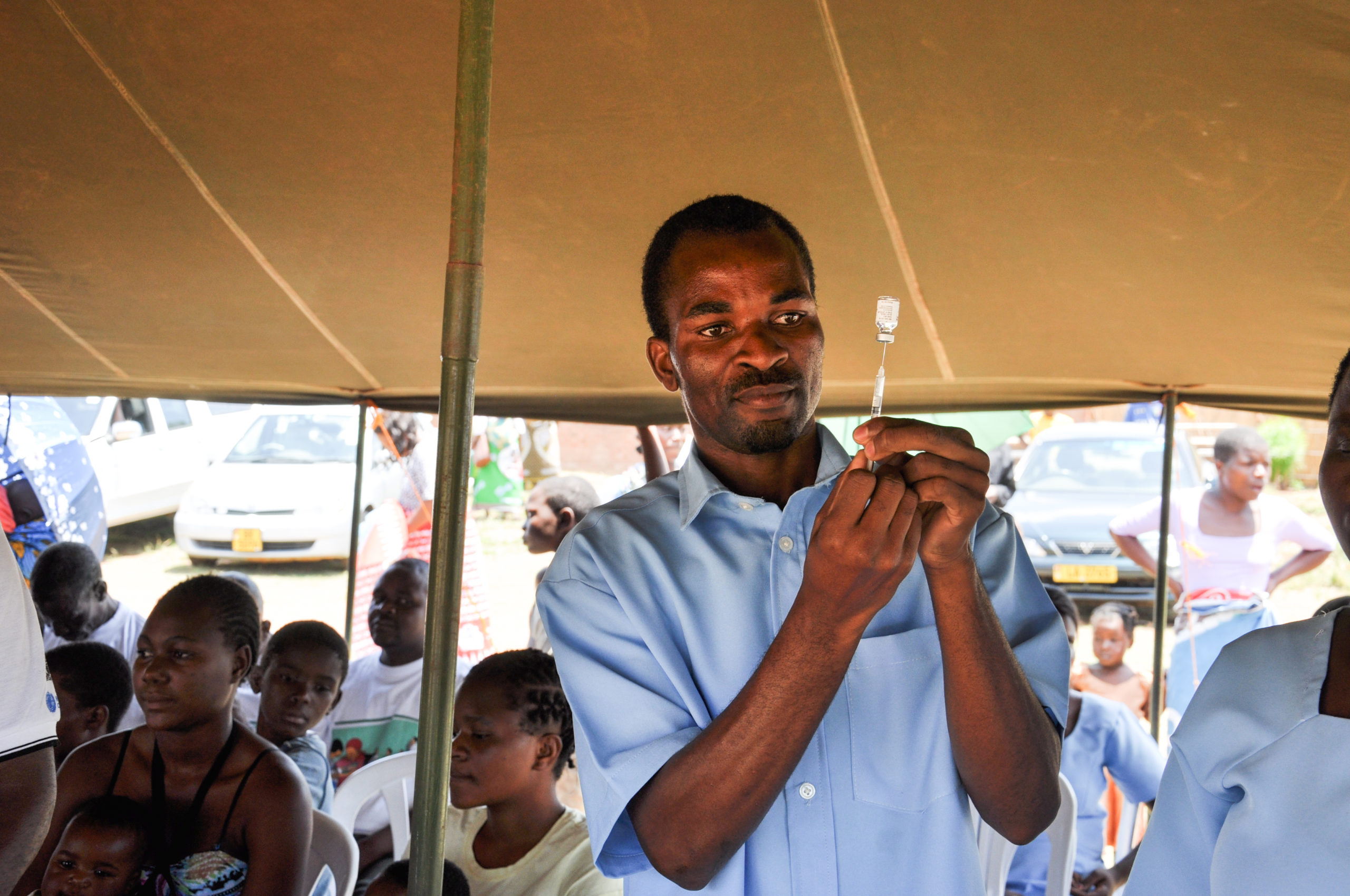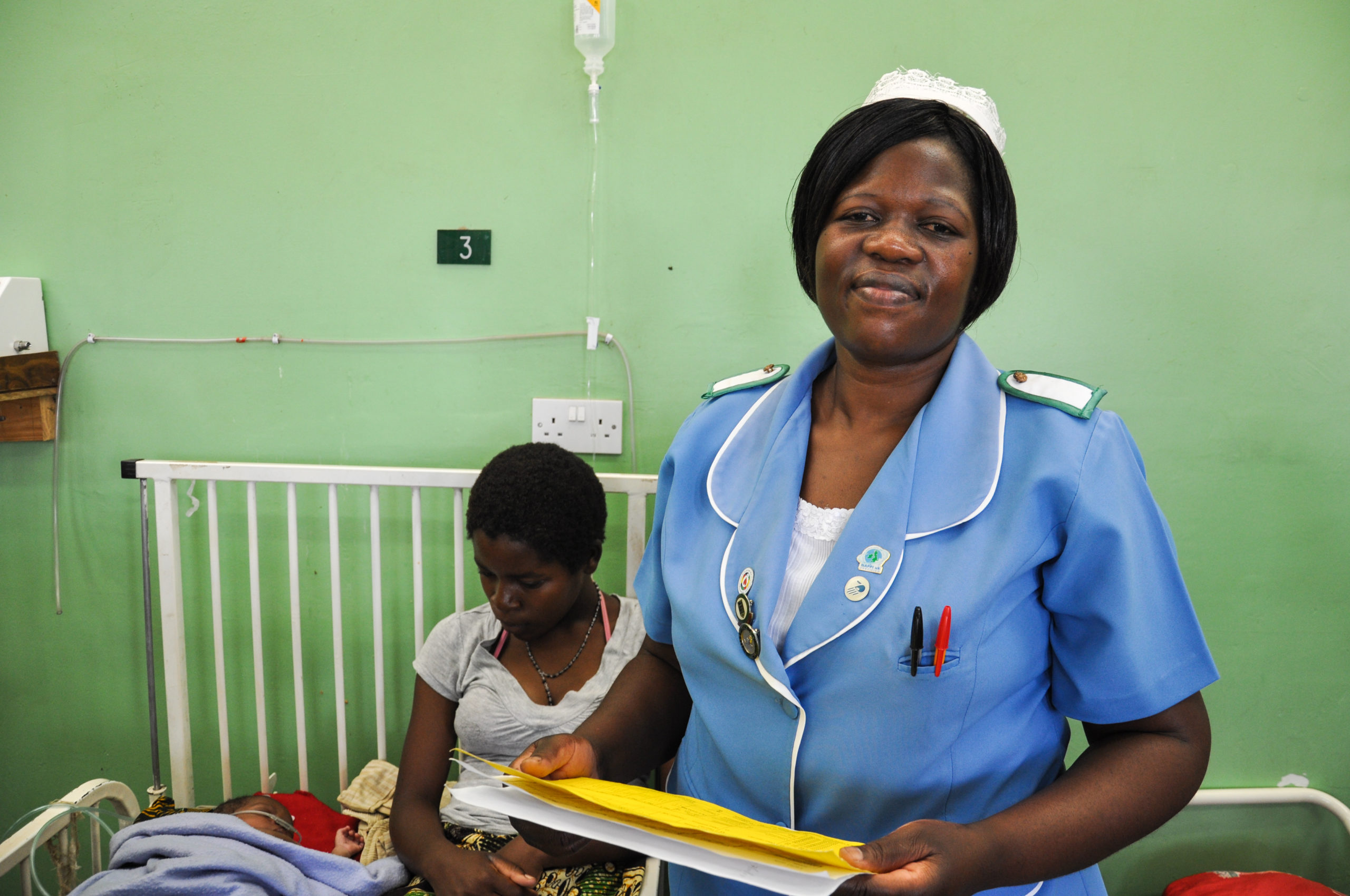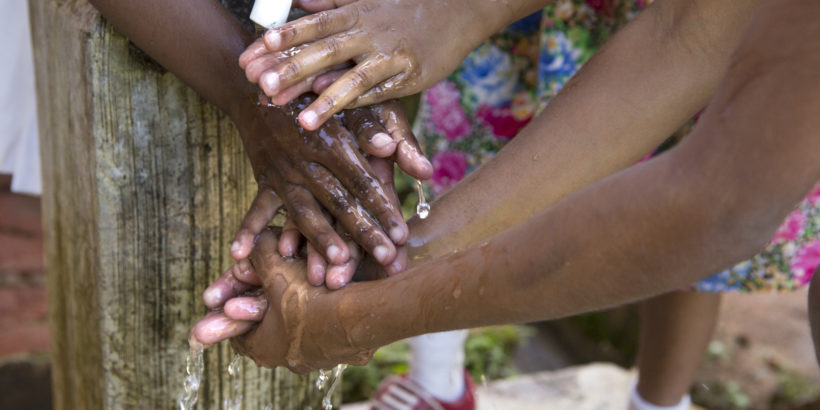This post also appears on the DefeatDD website.
Today is World Hand Hygiene Day, a day to celebrate the simple but important act of using water and soap to clean our hands.
There may be no other time when we have heard so many experts and leaders—online, on the radio, and on television—speaking about the importance of handwashing. Here in Malawi, a country that experiences more than our fair share of preventable illnesses and hygiene challenges, we welcome this as good news.
Many people call Malawi the Warm Heart of Africa. This is because Malawians tend to be friendly and kind, and it’s a cultural value here to make the most of difficult circumstances. The majority of people in my country make a living from basic, informal jobs—harvesting maize in the fields, transporting lumber by bicycle, or selling snacks on the side of the road. The streets are vibrant but crowded, and most people in cities live in close quarters. Across the country, adequate sanitation is hard to come by, and illnesses can spread quickly.
We only have a few dozen cases of COVID-19 confirmed in Malawi today, but we worry those case numbers will rise. Many Malawians already face tough choices on a regular basis between their health and livelihoods, and these choices are going to get tougher as this virus reaches us. Unfortunately, no one can predict what the impact of the disease will ultimately be on our health and economy.
Clean Hands, Better Health
But what we do understand, and have known for a long time, is the positive impact of handwashing on health. Globally, Malawi is among the countries with the highest maternal, neonatal, and child mortality rates in the world. Eighteen percent of childhood deaths are due to preventable diarrheal diseases, including cholera. Typhoid still sickens nearly 32,000 Malawians every year, two-thirds of whom are under the age of 15.
There is one important factor that all of these illnesses have in common: they can be prevented with good hand hygiene. Through the act of regularly cleaning their hands with soap, parents, teachers, and health workers—and in some cases children themselves—could prevent many of these unnecessary deaths and illnesses. In fact, handwashing is a habit that we all need to incorporate into our daily lives. The more people who do it, the better.

Of course, this isn’t a magic solution. We need access to vaccines and treatment for these illnesses as well—but handwashing is a good start.
A Seemingly Simple Solution, Out of Reach for Many
If hand hygiene is that effective, why isn’t everyone washing their hands?
Unfortunately, for millions of people in Malawi and across many other countries, it’s not so simple. Of Malawi’s 17 million people, 2.2 million do not have access to clean water, so handwashing with soap is simply not an option. A 2015 Millennium Development Goals end-line survey reported that the actual practice of handwashing with soap at critical times was less than ten percent for the general population, in their homes.
When health care professionals go to work, the situation is not much better. In 17 percent of all health care facilities in Malawi, there is no clean water, and 56 percent of those facilities do not have a sink with soap.
Our health care workers are risking their health simply by going to work every day—especially now, as COVID-19 presents additional challenges. And most can’t even take the most basic of measures to protect themselves and their patients.

So, what can we do about it? We need to increase access to hygiene, clean water, and soap. And we need to do it quickly, no matter what COVID-19 brings to this country. In Chichewa, we have a common saying “pang’ono pang’ono,” which means “slowly, slowly.” It’s a phrase that is used frequently because the reality is, often, things don’t happen quickly.
But COVID-19 is an important reminder that, when it comes to increasing access to handwashing, we must act quickly. For all the health care workers, as well as the families in the communities where they live, we need better access to soap, clean water, and other hygiene facilities.
There is no time for pang’ono pang’ono. The time is now.
Cover photo courtesy of ©Water and Sanitation Collaborative Council.



